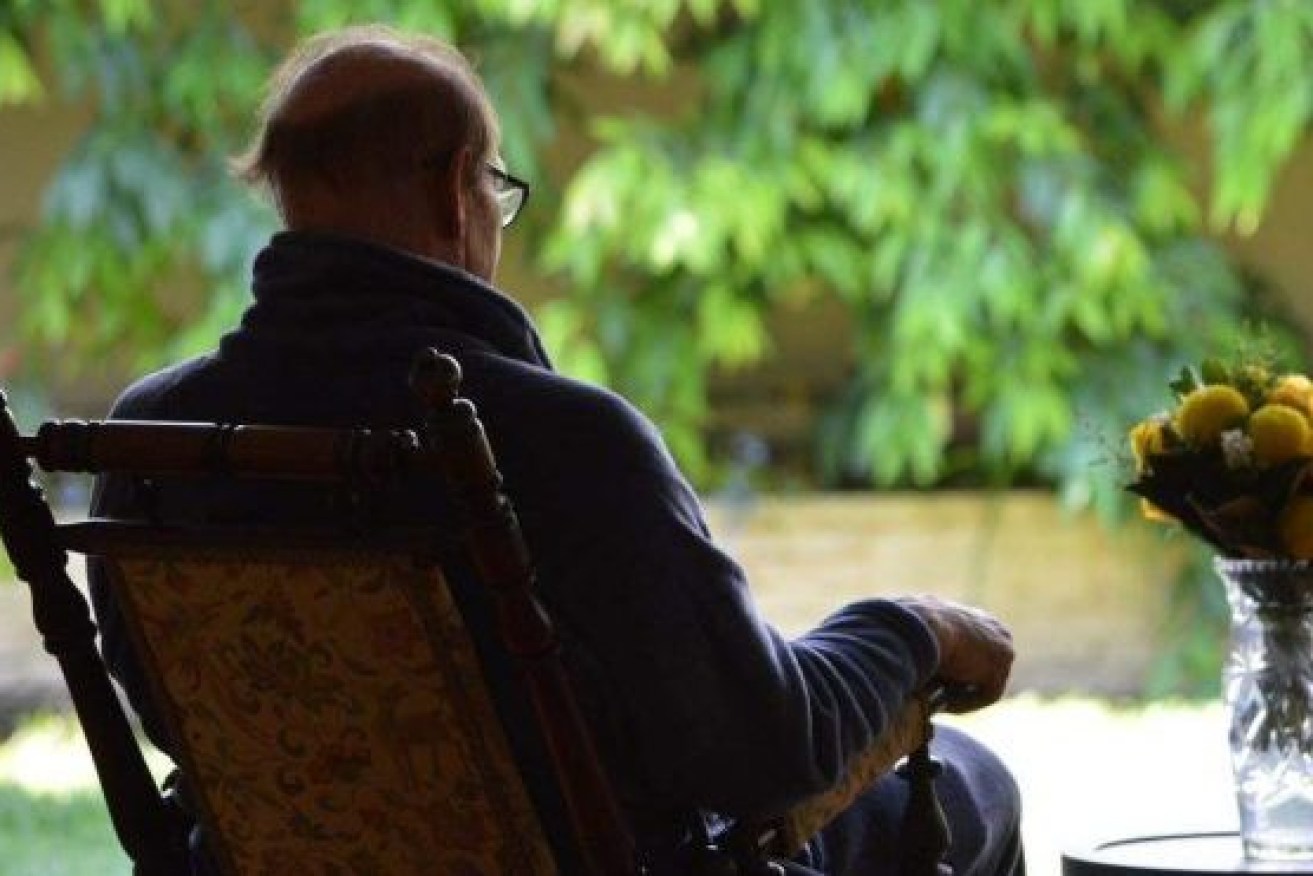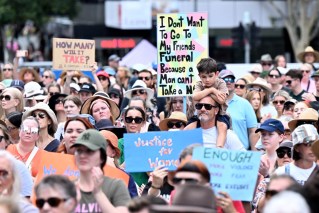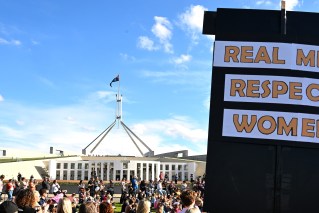Lonely and unhappy: Aussies have gloomy view of life in aged care
Lonely, unhappy and with bad food is how Australians think of life in aged care according to a survey which canvassed the opinions of thousands of people on growing old.

Researchers have found that if you "biological age" doesn't match your chronological age, you face more health risks. (Photo: ABC)
Roy Morgan quizzed more than 10,500 people between October and January on behalf of the Royal Commission into Aged Care Quality and Safety.
It found most people would prefer to live out their years at home with 80 per cent preferring to remain at home if they required support and 62 per cent wanting to stay put if requiring care.
However among young people the number of those willing to enter a facility jumped to 46 per cent if requiring support or care.
People aged between 18 and 35 tend to have “unnecessarily gloomy” expectations about old age, the report said.
Less than 70 per cent thought they’d be able to look after themselves while 68 per cent predicted they’ll be scraping by on a government pension.
Meanwhile, 85 per cent of people aged over 70 felt they were still physically capable of doing what they enjoyed and had the freedom to do so, while three quarters said they had enough money to continue living comfortably.
The outlier was among young people with a disability or experience living in institutionalised care, the majority of whom said they would not want to go into a residential facility.
However every group agreed that aged care facilities seemed a lonely place to live.
People who visited someone in aged care at least once a week were also most liable to believing people in care were lonely and unhappy, with little control over their lives.
Most people were unsure if residents were treated with respect and had enough daily activities to keep them entertained while about half considered the food of poor quality.
Despite this, just six per cent of people who had a friend or family member in a facility contacted them daily, with only a quarter of people phoning them once a week.
A third said they called or visited less than once a month while one in five never visit.
The report noted that only four per cent of people would report a problem with a facility to the royal commission, despite it being the national regulator.
They were more likely to approach the manager, then a government department or ombudsman. with younger people the least likely to know where to go, relying on the internet to search for help.
Most groups agreed the Federal Government needed to spend more money on at-home support and services, particularly among people on incomes of $40,000 per year or less.
Older Australians in the highest income brackets – who would be able to afford their own care – were more likely to view it as their responsibility.
The Morrison Government has funded another 6100 in-home care packages, on top of the 50,000 added since the 2018/19 budget at a cost of $3 billion.
But there are 104,000 older Australians who have been approved for in-home care who are still waiting and nearly 22,000 of those are people with the highest care needs.
The royal commission has previously flagged an extra $10 billion to $20 billion will be needed on top of current funding to bring the aged care system up to scratch.
-AAP












